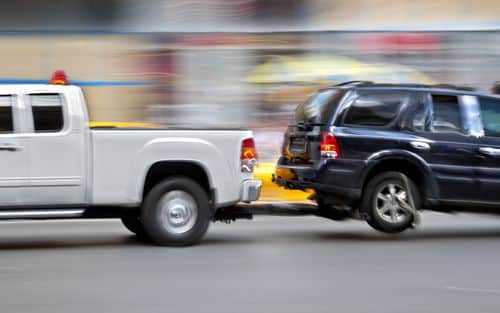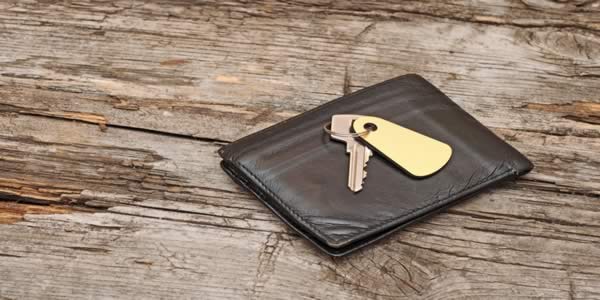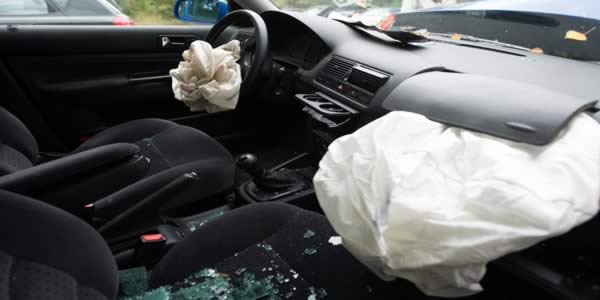As criminal defense attorneys in Charleston, South Carolina, we deal with cases involving forfeiture of assets which is when law enforcement seizes money and property concerning drug-related and other crimes. Although many people refer to this as “criminal forfeiture,” it actually is “civil forfeiture” because it takes place in civil court. In this article, we discuss what is civil forfeiture in South Carolina, when the police can seize assets, which assets can be seized by law enforcement, and how to get money and property back from the police.
What is Civil Asset Forfeiture in South Carolina?
Years ago, we represented a person who was charged with the distribution of marijuana. When the police entered our client’s home, not only did they seize over a pound of pot, but they also seized two vehicles, a coin collection, a Sony PlayStation, and several other items of value. Unfortunately for the client’s spouse, who didn’t know that any of this was going on in the couple’s home, law enforcement also attempted to try to seize their house. This is known as “civil forfeiture.”
When Can the Police Seize My Property in South Carolina?
There are a number of situations in South Carolina when the police may seize someone’s money or property. These settings include firearms seized during gang-related crimes, vehicles being seized in serious DUI cases, vehicles used in various other crimes, equipment used in wiretapping violations, and inventory from counterfeiting crimes. As criminal defense lawyers in Charleston, we see lots of things seized by the police, but the most common involve money and firearms.
What Property Can the Police Seize in South Carolina?
In South Carolina, the items that are subject to civil forfeiture include:
- Illegal drugs;
- Materials, products, and equipment used to manufacture, deliver, store, or transport illegal drugs;
- Property, including real estate, that is knowingly used to facilitate production, manufacture, distribution, sale, or trafficking of illegal drugs;
- Trailers, aircraft, motor vehicles, boats, and ships used or intended for use to conceal, contain, or transport illegal drugs and their compounds;
- All property including, but not limited to, monies, negotiable instruments, securities, or other things of value furnished or intended to be furnished by any person in exchange for a controlled substance, and all proceeds including, but not limited to, monies, and real and personal property traceable to any exchange; and
- All monies seized in near illegal drugs, drug manufacturing, or distributing paraphernalia, or near records of the importation, manufacturing, or distribution of controlled substances and all monies seized at the time of arrest or search.
Motor vehicles can’t be forfeited unless the vehicle facilitates the production, manufacture, distribution, sale, or trafficking involving at least one pound or more of marijuana, one pound or more of hashish, more than four grains of opium, more than two grains of heroin, more than four grains of morphine, more than ten grains of cocaine, more than fifty micrograms of LSD or its compounds, more than ten grains of crack, or more than one gram of ice or crank; or fifteen tablets, capsules, dosage units, or the equivalent quantity of MDMA.
What Happens if the Police Seize My Property in South Carolina?
First, when law enforcement agencies seize property, they must take reasonable steps to maintain the property. For example, South Carolina law requires that equipment and vehicles must be removed to an appropriate place for storage. Also, seized money must be deposited in an interest-bearing account pending final disposition by the court unless the money is being held as evidence. Second, within a “reasonable time,” the prosecution must file a civil forfeiture lawsuit asking for the court’s permission to permanently keep the property or money. Then, the person who owned the property or money may respond in civil court to get their property or money back.
Can I Get My Money or Property Back from the Police?
Whether you can get your money or property back first depends on whether the property was “contraband per se” or “derivative contraband.” Contraband per se is facially illegal and can’t be retrieved. This includes illegal drugs and counterfeit goods. In other words, these items can never be legally owned, so you’re not getting them back! Derivative contraband, however, is generally legal but was seized because the police believe it was used in or obtained by crime. This includes money made through drug dealing, real estate used in drug manufacturing, or vehicles used in transporting large amounts of drugs.
Three common defenses to civil forfeiture are (1) the money or property wasn’t used to facilitate a crime; (2) the money or property didn’t come from criminal activity; and (3) the property owner didn’t realize the property was being used in a crime.
In the situation we mentioned above where the police seized two vehicles, a coin collection, a Sony Playstation, and several other items of value, the police had to return the property to our client for several reasons. First, the prosecution couldn’t show that any of the vehicles, the coin collection, the Playstation, etc. were purchased with drug money. Second, the police couldn’t show that any of these items, including the cars, were somehow how used to facilitate the sale of drugs. Regarding the home, the police argued that the house was used to “facilitate” the drug sale because our client was allegedly selling drugs. However, the client’s spouse truly didn’t know that there was any illegal activity in the home. In other words, the spouse was an “innocent owner” of the property. Moreover, the property was purchased by borrowing money from a lender and not purchased with any money from drug sales.
In another case, the North Charleston Police Department arranged through a confidential informant to buy drugs from a dealer at Charlestown Square Mall. The police officers watched the dealer driving a BMW several hours before the time that he was to be at the mall to meet with the informant. The police also saw the dealer drive the BMW to his home and exchange it for another vehicle before he drove to the mall and carried out the drug deal. When the police officers arrested the dealer, they found the keys to the BMW in his pocket. After the dealer’s arrest, the police officers went to the dealer’s house and seized the BMW. However, the court later ordered that the police return the BMW. Basically, the court ruled that the fact that the dealer simply drove the BMW on the day that he was arrested and had its keys in his pocket when the police officers arrested him wasn’t enough to justify a civil forfeiture of the car. According to the court, the driving of the BMW and his possession of its keys at the time of his arrest “constituted nothing more than incidental or fortuitous connections to the unlawful activity.”
Civil Forfeiture Lawyers in Charleston, South Carolina
All in all, the laws and the procedure concerning civil forfeiture of assets in criminal cases are complicated. Many persons never respond to a lawsuit for civil forfeiture and simply give up their money or property without realizing that they may be able to get it back. If you’ve had assets seized by the police, then call Futeral & Nelson for a free consultation.












